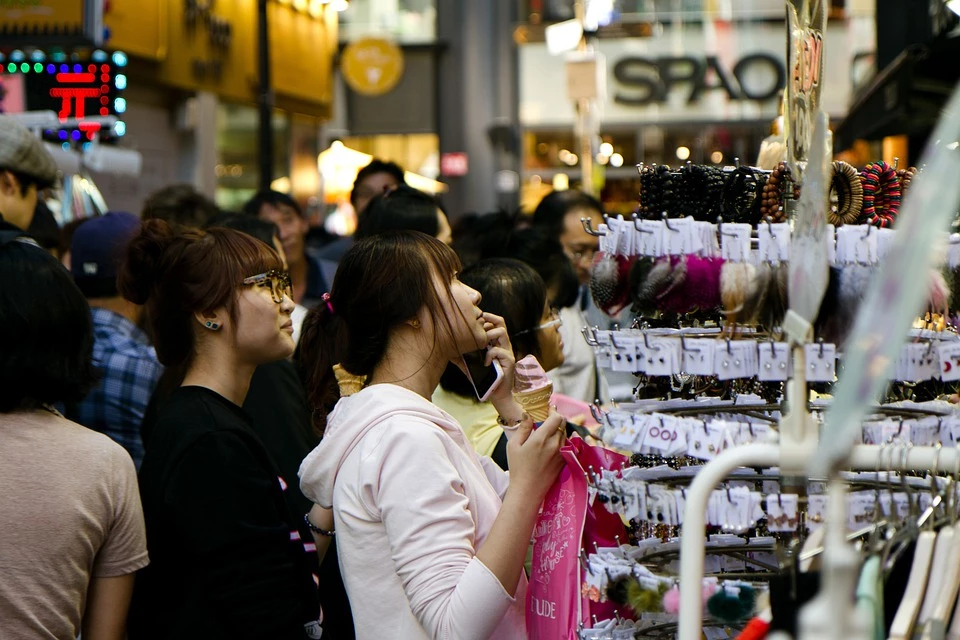0.56 people… A shocking birth rate in Seoul.
The current birth rate in Korea is 1/8 of the 1970 birth rate.

A shocking decrease in the birth rate in Seoul has been confirmed.
According to “The Demographic Trends for June 2022” recently presented by the Statistical Service, in Seoul and other seven cities of special importance and big cities, the total average birth rate does not exceed 0.74 people. In 1970, when the statistics began to be kept, the overall average birth rate per person was 4.53 people. We can say that in 52 years, the birth rate has fallen to 1/6 of the previous level.
According to demography, in order to maintain the population of a certain group, the birth rate should be equal to 2.1 people. It is the replacement coefficient. One can guess how acute the problem of the Korean population is if the current replacement coefficient does not exceed 1/3 of the required value.
The birth rate in Seoul, the most populous city in Korea, is the most critical in comparison with other regions. The birth rate in Seoul is less than 0.56 people because of great difficulties with finding housing and large expenses for a child. It is the lowest level among seventeen cities. And this is the first time the birth rate dropped to 0.5.
Among the 37 OECD member countries, only Korea has a fertility rate below one. As of 2020, the OECD average fertility rate was 1.63. The seriousness of the situation becomes obvious from the fact that the birth rate in Korea does not exceed 1/3 of the OECD level, but in Japan, where the problem of fertility is also acute, the level is 1.3 people.
When the population starts to decline, it is very difficult to reverse the situation. Because if the number of women capable of childbearing decreases, although the birth rate increases, it is difficult to increase the number of babies.
As of last year, the average age of women in labor was 33.4 years among Korean women . So, according to the modern standard, in order for the now-born children to become parents themselves, more than 33 years must pass.
The problem of the Korean population is a global problem. Elon Musk, the CEO of Tesla, has been worried about the future of Korea lately. In May, on Twitter, he presented the World Bank’s fertility table by country for 2020 and said: “South Korea and Hong Kong are experiencing the fastest demographic collapse.”
“If the birth rate in Korea does not change, then after three generations, the population will be 6% of the current one, and the majority of the population will be people over 60 years old,” he predicted.
Why has the birth rate decreased so much? The fact is that it is difficult for young people to earn a living, and the world situation is unstable. If you want to get married and have children, you have to be prepared for a huge financial burden.
In 2019, the 100-year-old NH Investment & Securities research institute estimated that raising one child before graduating from high school costs 200 million won, including the average cost of private education. If you do not have a good job, for example, as a full-time employee in a large corporation or government agency, you won’t even want to get married, let alone have children.

Translated by mm
Alice © KJCpop.com
